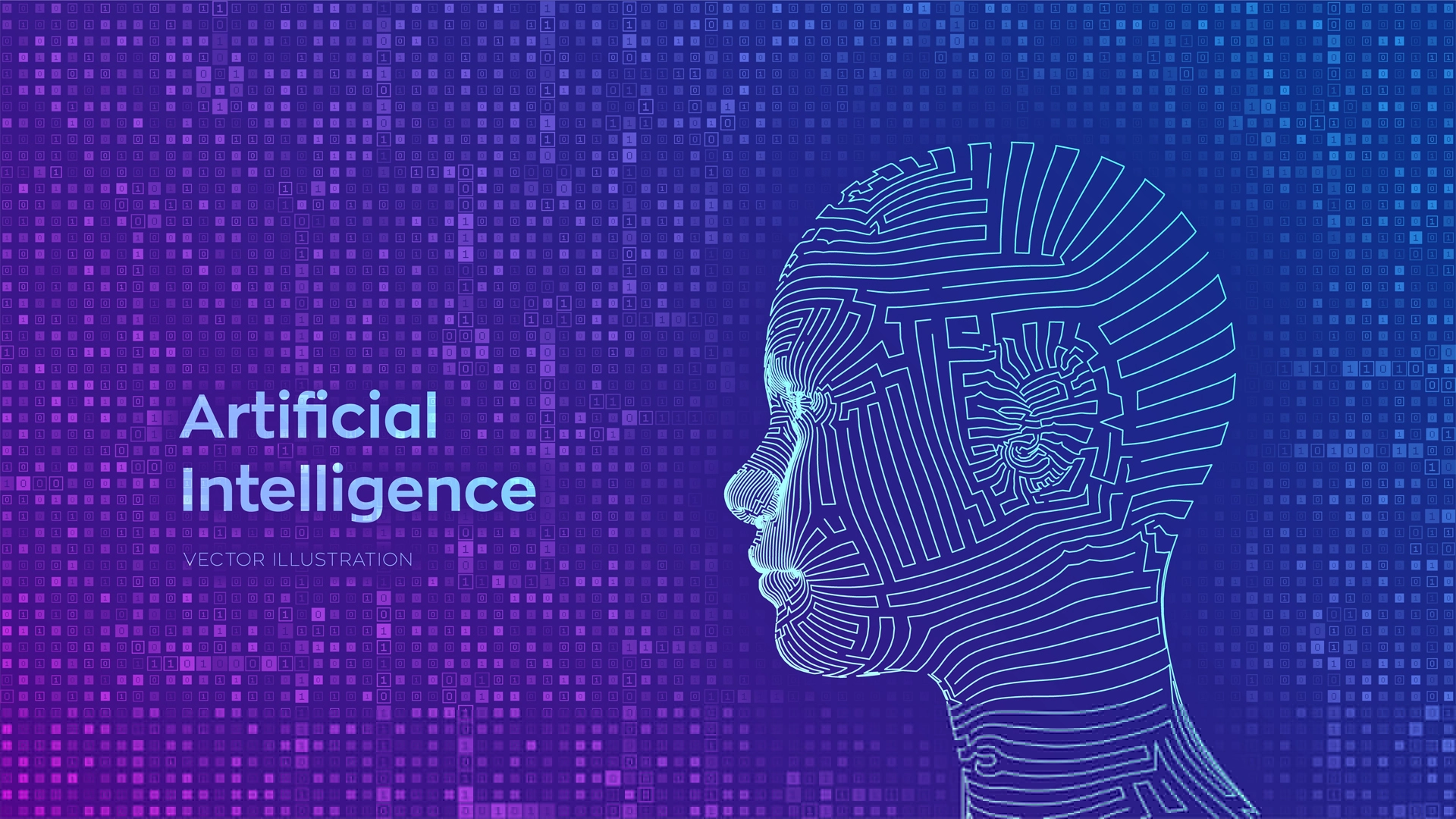When it comes to classifying different types of artificial intelligence (AI), we can categorize them based on their functionality or capabilities. Here are most commonly recognized types of AI:
1-Reactive Machines: Reactive machines are the simplest form of AI that operate in the present moment based solely on the current input without any memory or past experiences.
2-Limited Memory AI: As the name suggests, limited memory AI systems can retain some information from the past.
3-Theory of Mind AI: This refers to AI systems that can understand human emotions, beliefs, intentions, and thoughts.
4-Self-aware AI: Self-aware AI systems possess consciousness and self-awareness similar to human beings. They have a sense of their own existence, emotions, and thoughts.
5-Expert Systems: Expert systems are AI programs designed to mimic human expertise in specific domains.
6-Natural Language Processing (NLP): NLP focuses on enabling machines to understand and generate human language, both in written and spoken forms.
7-Computer Vision: Computer vision aims to enable machines to understand and interpret visual information from images or videos.
8-Generative AI: Generative AI focuses on creating AI systems that can generate new content, such as images, music, text, or even entire narratives.
9-Cognitive Computing: Cognitive computing aims to simulate human cognition processes, including perception, reasoning, learning, and problem-solving.
10-Hybrid AI: Hybrid AI refers to the integration of multiple AI techniques or approaches to create more robust and capable systems.
11-Swarm Intelligence: Swarm intelligence involves the study of collective behavior in decentralized systems, inspired by social insect colonies or bird flocks.
12-Artificial Superintelligence (ASI): refers to the theoretical concept of highly advanced AI systems that surpass human intelligence in virtually every aspect.
It's important to note that these types of AI are not mutually exclusive, and AI systems can exhibit characteristics of multiple types. For instance, an AI system can be both limited memory-based and incorporate the theory of mind to some extent.
These categories help us understand and classify different levels of AI capabilities. However, it's essential to remember that AI is a rapidly advancing field, and research and development are continually pushing the boundaries of what is possible.

